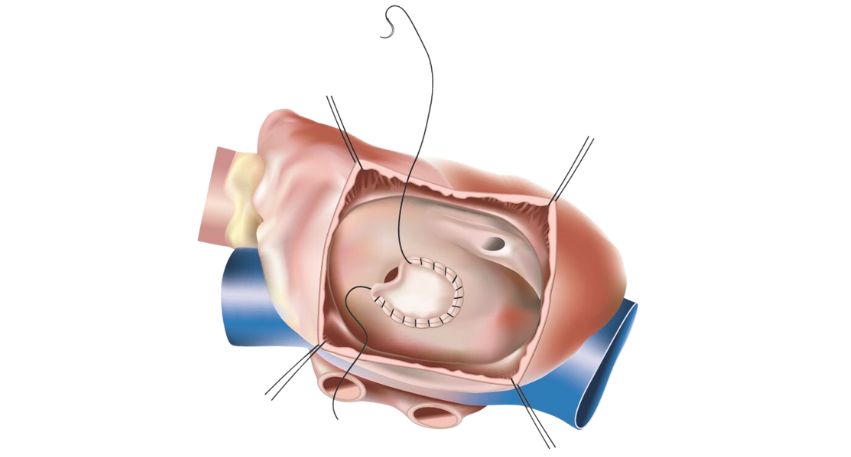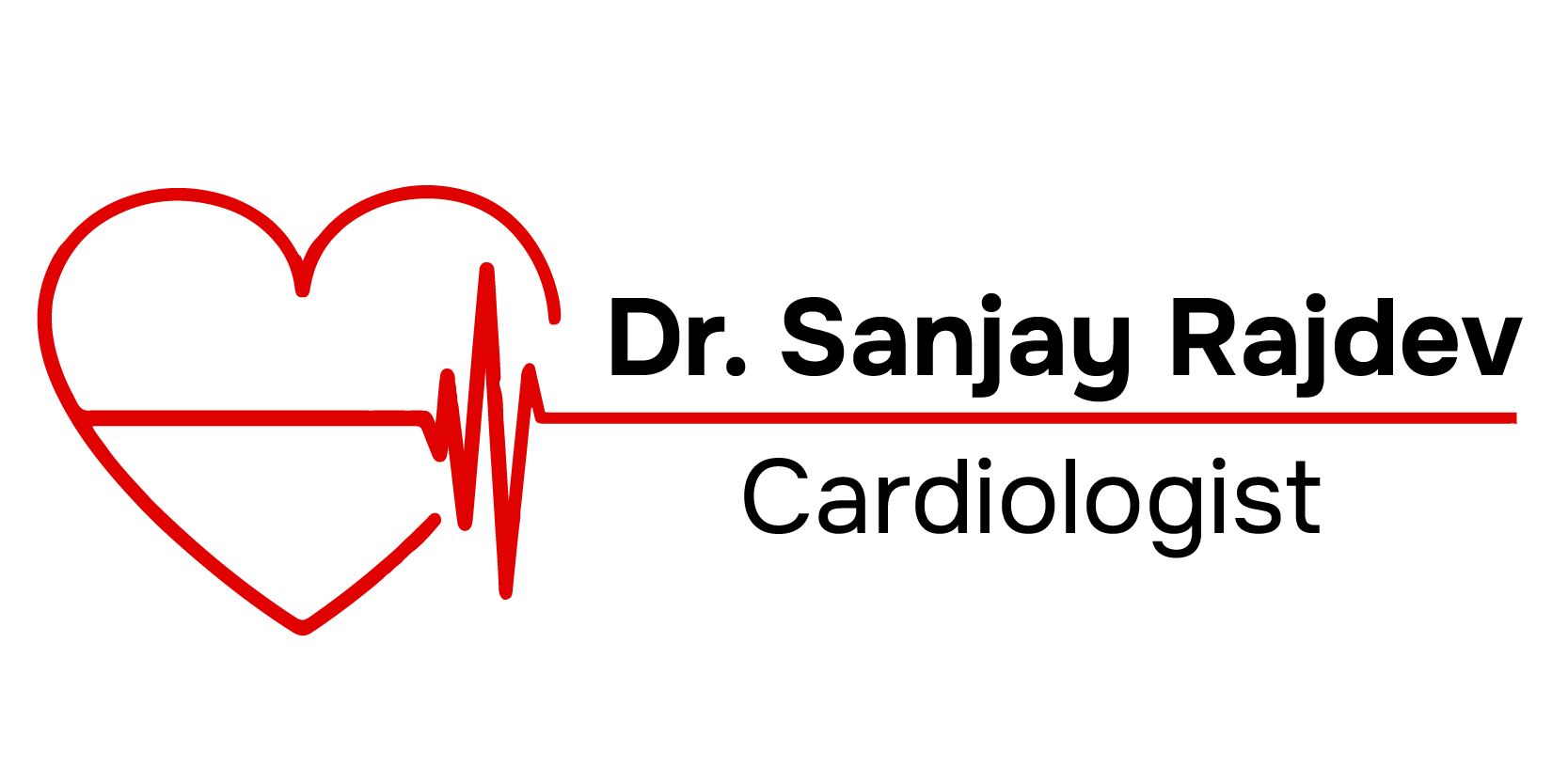Closure of heart defects
Heart Defect Closure Procedure in Mumbai

What is Closure of Heart Defects ?
Closure of heart defects refers to the surgical or non-surgical procedures performed to repair or correct abnormalities in the structure of the heart that are present at birth. These defects can be seen on the walls, valves, or blood vessels of the heart, leading to various symptoms and complications. Closure procedures aim to restore normal blood flow through the heart, improve heart function, and prevent long-term complications like heart failure and arrhythmias.
Types of Heart Defects that Require Closure
There are several types of congenital heart defects that may require closure procedures. Some common examples include:
- Atrial Septal Defect (ASD): This is a hole in the wall (septum) that separates the upper chambers of the heart (atria). Closure of an ASD is typically done to avoid the mixing of oxygen-rich and oxygen-poor blood, which can strain the heart and lungs.
- Ventricular Septal Defect (VSD): This is an opening in the wall that separates the two lower chambers of the heart (ventricles). Closure of a VSD is necessary to prevent the backflow of oxygen-rich blood into the lungs and to improve overall heart function.
- Patent Ductus Arteriosus (PDA): This is a blood vessel (ductus arteriosus) that fails to close after birth, causing abnormal blood flow between the aorta and pulmonary artery. Closure of a PDA is important to prevent complications like pulmonary hypertension and heart failure.
- Patent Foramen Ovale (PFO): This is a small hole between the upper chambers of the heart that normally closes after birth but may remain open in some individuals. Closure of a PFO is often recommended to reduce the risk of stroke.
Benefits of Closure of Heart Defects
Closure of heart defects offers numerous benefits, both in the short term and long term:
- Improved heart function
- Reduced risk of complications like heart failure, arrhythmias, pulmonary hypertension, and stroke, leading to better long-term outcomes.
- Improved quality of life
- Prevention of long-term damage to the heart and lungs
- Minimally invasive options
FAQ
What are congenital heart defects (CHDs), and how common are they ?
Congenital heart defects are abnormalities in the heart that are present at birth. They can vary widely in severity and can affect the walls, valves, or blood vessels of the heart.

